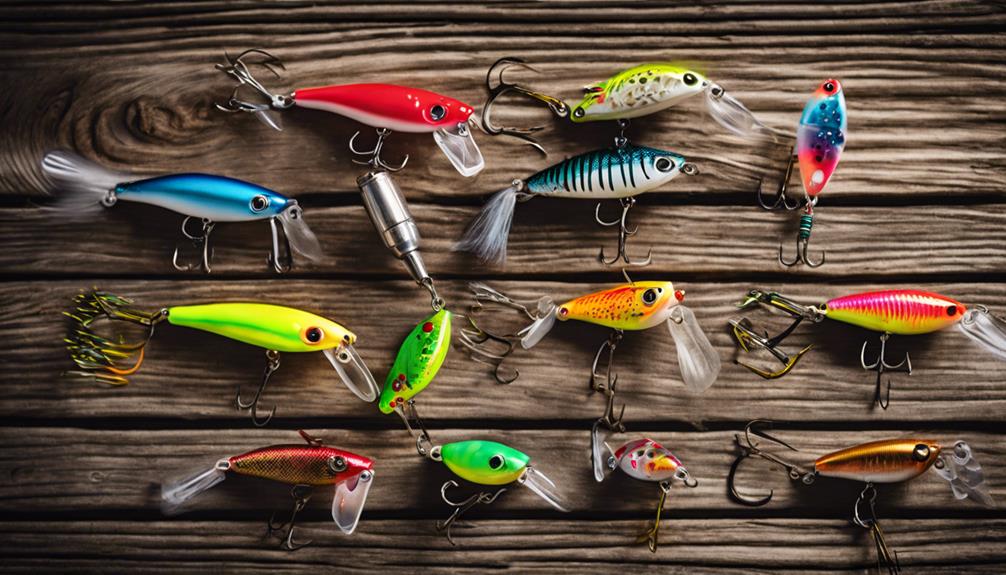Saltwater fishing is a popular recreational activity enjoyed by anglers of all skill levels. However, before you cast your line into the ocean, it’s important to understand the regulations surrounding saltwater fishing licenses. In this comprehensive guide, we will delve into the costs associated with obtaining a saltwater fishing license, the factors that influence these costs, and the importance of having one. Whether you are a seasoned fisherman or a novice looking to explore the joys of saltwater fishing, this article will provide you with all the information you need.
Understanding the Basics of Saltwater Fishing Licenses
A saltwater fishing license is a legal requirement for anglers who wish to fish in coastal waters and oceans. These licenses are issued by state fish and wildlife agencies and are intended to manage fish populations, protect marine ecosystems, and ensure sustainable fishing practices. The cost of a saltwater fishing license can vary significantly depending on several factors, including the state in which you reside, the duration of the license, and your residency status.
In general, licenses are available for residents and non-residents, with non-residents often paying higher fees. The funds generated from these licenses are typically reinvested into marine conservation efforts, habitat restoration, and fisheries management, making it essential for anglers to comply with these regulations.
Factors Influencing the Cost of a Saltwater Fishing License
When determining how much a saltwater fishing license costs, several factors come into play. Firstly, state regulations dictate the pricing structure. Each state has its own fee schedule, which can range from as low as $10 to upwards of $50 or more for annual licenses. Additionally, some states offer short-term licenses for visitors or those who fish occasionally.
License duration is another factor. Many states provide options for daily, weekly, or annual licenses, with longer durations often offering better value for frequent anglers. Furthermore, age and status can impact costs; for example, seniors, children, and disabled veterans may be eligible for discounted rates or exemptions.
Exploring the Average Costs Across Different States
While the costs associated with obtaining a saltwater fishing license can vary, understanding the average prices in different states can help you budget accordingly. For instance, in Florida, a resident saltwater fishing license can cost around $17 for an annual license, while a non-resident may pay approximately $47. In California, residents typically pay around $52 for an annual license, whereas non-residents can expect to pay about $142.
In Texas, the costs are relatively lower, with resident licenses priced at about $30 and non-residents at around $63. It’s important to note that these prices are subject to change, and additional fees may apply for specific permits, such as those for fishing in certain areas or targeting specific species.
Additional Costs and Permits Associated with Saltwater Fishing
In addition to the basic saltwater fishing license, anglers may encounter various additional costs and permits. For instance, if you plan to fish for certain species, such as tuna or grouper, you may need a special permit. These permits can add anywhere from $5 to $30 to your total expenses.
Moreover, some states require fishing tags for specific fish species, which can also incur additional fees. Also, don’t forget about the costs associated with fishing gear, bait, and boat rentals if you plan to fish offshore. These expenses can quickly add up, so it’s wise to account for them when budgeting for your fishing trips.
The Importance of Having a Saltwater Fishing License
Obtaining a saltwater fishing license is not just a legal formality; it plays a crucial role in the conservation of marine ecosystems. By purchasing a license, you contribute to funding vital conservation programs that help protect fish populations and their habitats.
Moreover, having a license ensures that you are aware of the local fishing regulations, including size and bag limits, which are essential for maintaining sustainable fish stocks. Fishing without a valid license can result in hefty fines and penalties, making it imperative to abide by the regulations set forth by your state’s wildlife agency.
How to Obtain Your Saltwater Fishing License
Acquiring a saltwater fishing license is typically a straightforward process. Most states offer the option to purchase a license online through their fish and wildlife agency’s website. You will need to provide personal information, such as your name, address, and date of birth, along with payment information.
Alternatively, you can visit local bait shops, marinas, or government offices to obtain a license in person. Keep in mind that some states may require you to complete a fishing education course, especially if you are a first-time angler or a minor.
Renewing Your Saltwater Fishing License: What You Need to Know
If you are a regular saltwater angler, it’s important to keep track of when your fishing license expires. Most states offer annual licenses that need to be renewed each year. The renewal process is generally the same as obtaining a new license and can often be done online for convenience.
Some states may offer multi-year licenses, which can save you time and hassle if you plan to fish regularly. Remember to check for any updates in regulations or pricing changes before renewing, and keep a copy of your license with you while fishing to avoid potential fines.
Conclusion: Budgeting for Your Saltwater Fishing Adventures
In conclusion, understanding how much a saltwater fishing license costs is essential for any angler looking to enjoy the thrill of fishing in the ocean. With varying prices across different states and additional costs for permits and gear, budgeting is key to ensuring a successful fishing trip.
By investing in a saltwater fishing license, you are not only complying with regulations but also contributing to the preservation of marine life for future generations. So gear up, cast your line, and enjoy the great outdoors—just make sure you have your fishing license in hand! Happy fishing!
